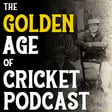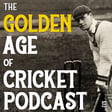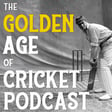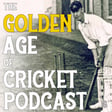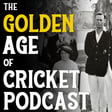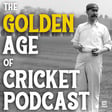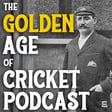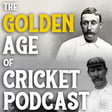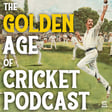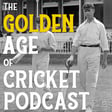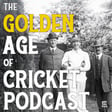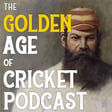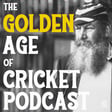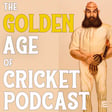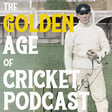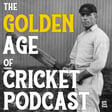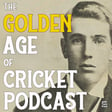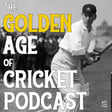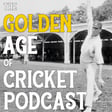
C. B. Fry – Part 2 – with Iain Wilton
There are few cricketers from the Golden Age who remain such an enigma as C. B. Fry. Captain of the England cricket team, footballer, world-record long jump holder, classicist, politician, naval captain, novelist, journalist, academic - there was no end to his talent. He even came close to becoming the King of Albania. English commentator John Arlott described him as 'probably the most variously gifted Englishman of any age.' On more than one occasion during his playing career, he was the undisputed best batsman in the world; yet he never toured Australia as a player, had questionable ties to some senior figures in Nazi Germany, and was troubled throughout his life by mental health issues, probably ignited by a less than ideal domestic setting.
In Part 2, Tom is joined by biographer Iain Wilton, and they discuss Fry’s relationship with some senior figures in Nazi Germany and how this might have been influenced by his younger brother Walter's death during the Great War, his mental health, his remarkable batting statistics, and his overall cricket legacy.
ABOUT IAIN WILTON:
Iain has enjoyed a varied professional career in fields of politics, statistics and sport, including six years as the MCC's Head of Communications, at Lord's. He's now in the process of making a career change, after completing some professional exams to become an independent financial adviser, based in the Essex/Suffolk area, where he now lives with his family. More than 20 years after his biography C. B. Fry – King Of Sport was first published, Iain is now hoping to write, much later than planned, a second cricket book - this one focusing on the first Cricket World Cup, back in 1975.
Iain's early research and interviews are going well but, if any of 1975's competitors are listening, he says that he'd absolutely love to hear from you! Please contact Tom at goldenageofcricket@gmail.com and he'll pass the email on.
CREDITS:
Presenter & Producer: Tom Ford
All music used in podcast comes from the University of California Santa Barbara’s remarkable collection of wax cylinder’s from the late nineteenth and early twentieth centuries, which are free to download and use. You can donate to the upkeep of these recordings via their website.
